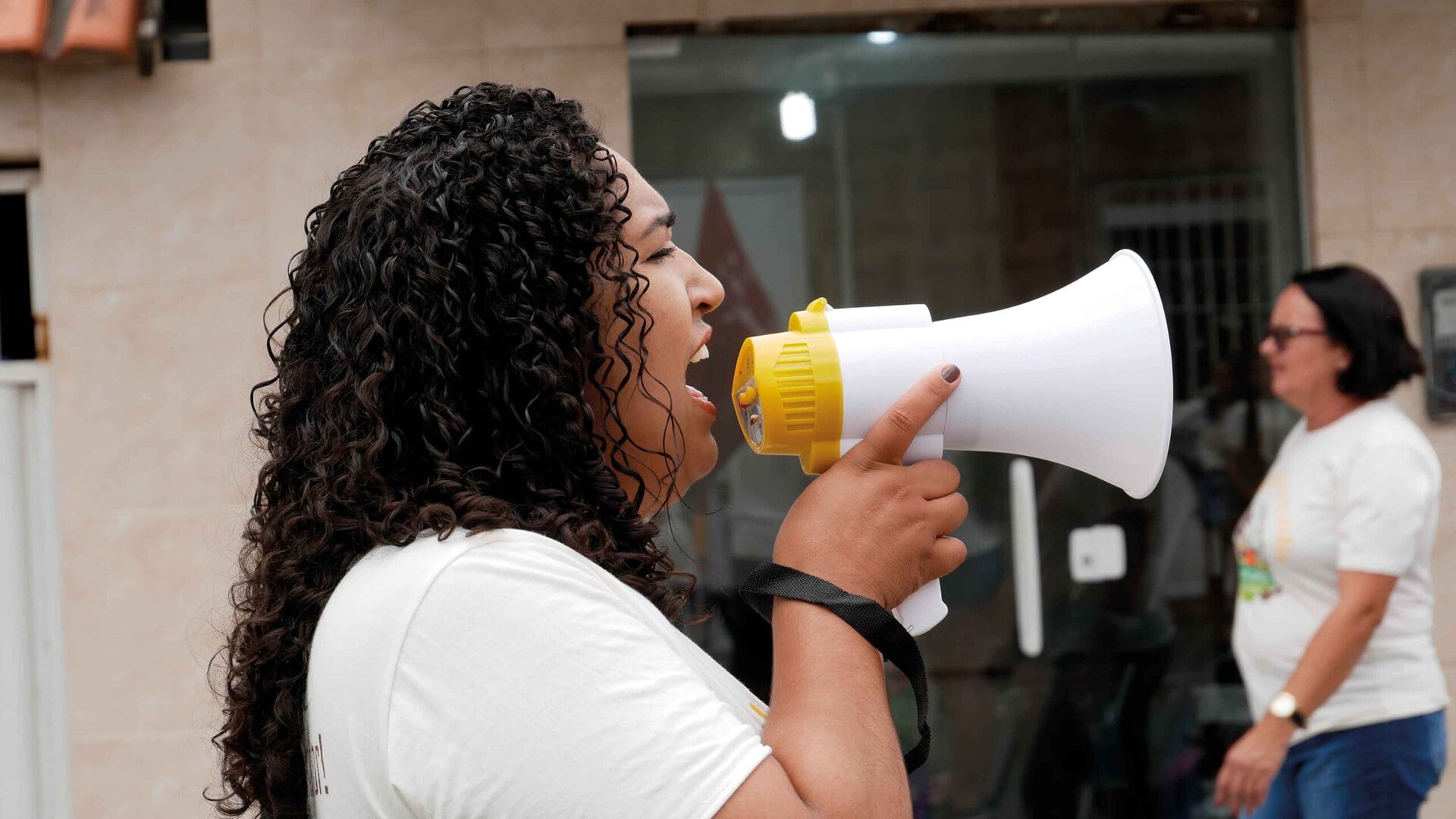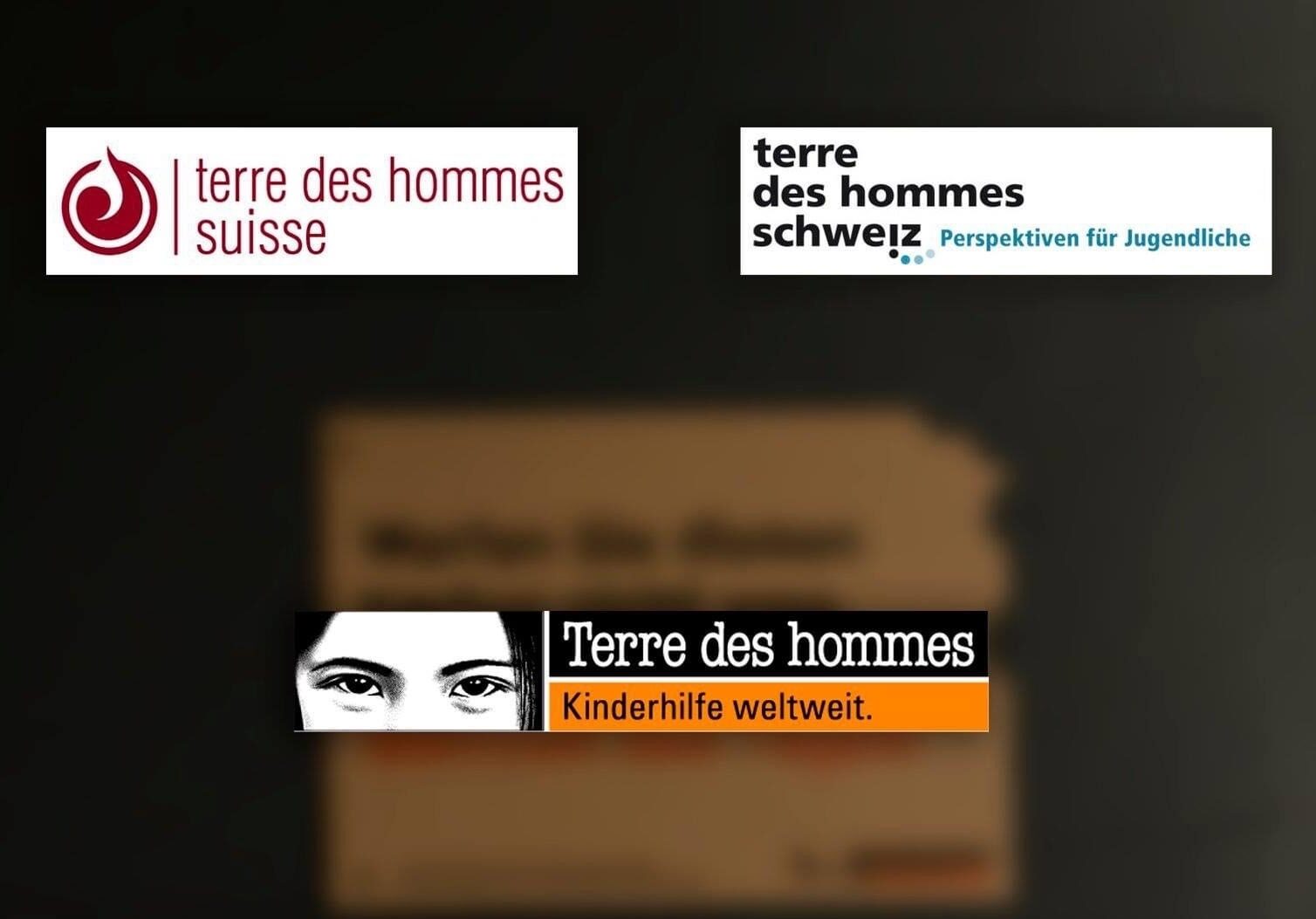In 2016 alone, over 182,000 underage refugees from El Salvador, Honduras and Guatemala were registered on their way to the north. They are all in search of a place where they are protected from violence. They are often exposed to similar dangers en route as in their home country. Their protection in transit countries urgently needs to be improved.
Text: Lesli Gutiérrez Garduño
Last month (June 2017), the Inter-American Commission on Human Rights and the United Nations High Commissioner for Refugees commented on the refugee situation in Central America. According to the UN, the desperate situation of people in El Salvador, Honduras and Guatemala who are forced to leave their homes is one of the biggest challenges in the region.
It estimates the number of refugees from these countries at 182,400 people in 2016 alone, including an alarming and increasing number of children. In Mexico, 16,000 unaccompanied minors were detained last year, around half of whom had reached the border with the United States in search of international protection. As part of the international Destination Unknown campaign, terre des hommes schweiz and terre des hommes Germany are working with local partners in Central America to support these refugee minors throughout the region.
In search of a safe place
The main reason for the flight is the increasing violence throughout the region. Children and young people are particularly at risk, as the widespread violent gangs, known as maras, use threats and blackmail to forcibly recruit young people. If they refuse to join the gangs, they and their families receive death threats and experience psychological or physical violence. The only way out is to flee. They often set off alone in search of a safe place.
Migrating children and young people without protection
Children and young people who set off in search of protection and safety expose themselves to great dangers on the dangerous migration routes. Surveys have shown that the dangers these children face while fleeing are just as great as the threat they originally fled from.
The countries along these migration routes fail to protect the rights of migrating children. They have no access to healthcare, education and other public services – not to mention the lack of legal protection. They are also exposed to stigmatization and discrimination, as the transit countries do not recognize them as refugees.
Coordinated action needed
The Global Forum on Migration and Development and the Global Conference on Children on the Move, which took place in Berlin in June, called for increased global efforts to protect the rights of migrating children. These efforts must pay particular attention to migrating children in Central America. Coordinated action is urgently needed here. This is the only way to ensure that vulnerable children traveling through Central America are protected from gangs and other risks and given a chance for a safe and stable future.



